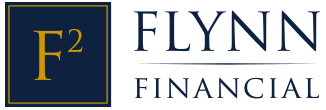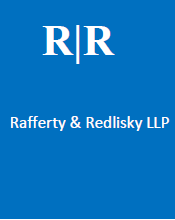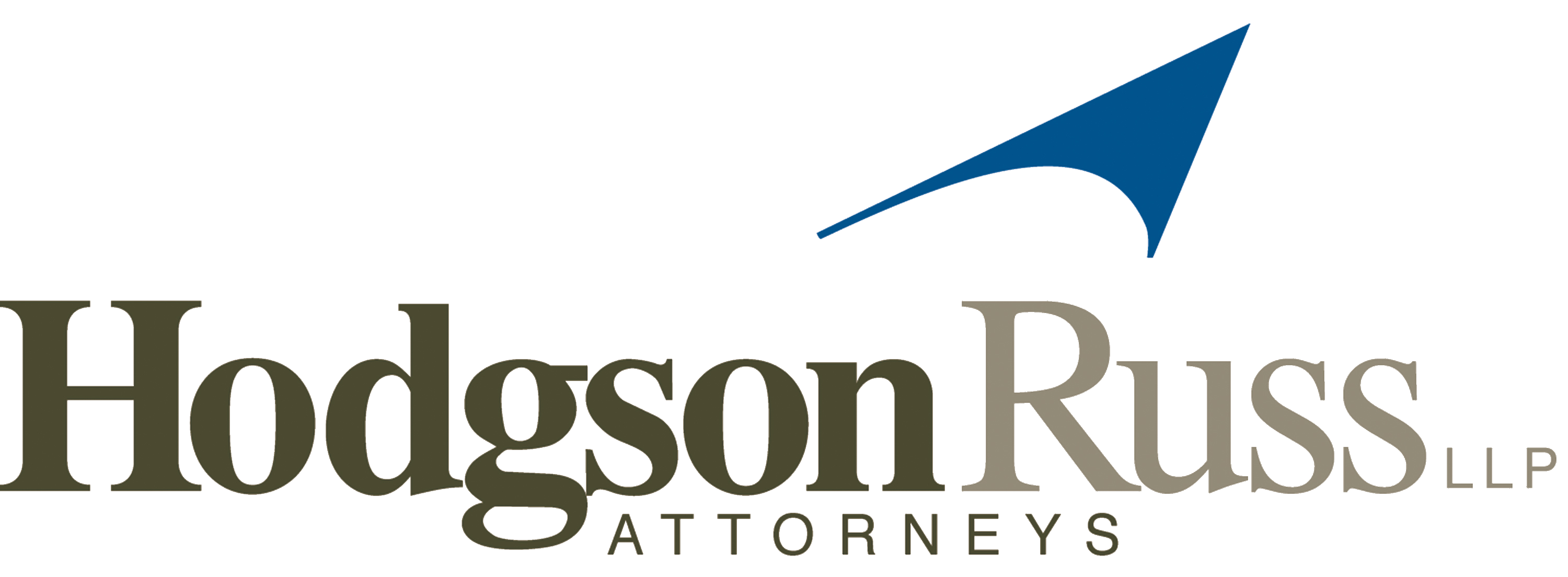Women On The Move 2021

The Women on the Move program is a Continuing Legal Education seminar that focuses on an array of topics of particular interest to women attorneys. This year’s program theme is Inspiration: Redefining Successful Lawyering. The program will feature distinguished speakers and panels who will share their own experiences and practical guidance on how they redefine what successful lawyering is. The program will end with a virtual networking cocktail party allowing attendees to interact with the speakers and each other. This year's panel topics include:
Shattering The Barrier: The Likeability Penalty
In her powerful keynote address, Justice Tanya R. Kennedy will discuss strategies and steps to overcome the “likeability penalty”: that is, the stereotype that women who exhibit qualities associated with successful leaders (assertive, confident, authoritative and decisive) are unlikeable, while women who have qualities that make them likeable (kind, nice, collaborative and team players) lack leadership ability. The likeability penalty is a barrier facing all women lawyers who aspire to leadership roles in the legal profession, whether in law firms, legal departments, politics or the judiciary. This gender bias arises publicly in discussions of whether politicians such as Kamala Harris or Kathy Hochul are electable. Add our other identities, based on race, ethnicity, sexual orientation, family status or other characteristics, and women face additional career barriers caused by stereotypes and bias.
Justice Kennedy will share her own insights into the negative effects of implicit bias, the toll it takes on all women – and especially, on women of color – and advice on how to overcome implicit bias and its cost. As a shining example of what can be achieved despite the odds, Justice Kennedy exemplifies the importance of self-advocacy, and the critical importance of building community amongst women and men.
Secondary Trauma and Stress: Strategies to Survive and Thrive
There’s no denying it – the practice of law is stressful. Our personal needs often take a backseat to the needs of our clients, the demands of our partners or bosses, court deadlines, timekeeping and billing, and the pressures to build our business and networks. These professional stresses can cause or exacerbate mental health issues, including anxiety and depression, and substance abuse. Lawyers in certain practice areas must also deal with secondary trauma, indirect exposure to trauma through a client’s firsthand account or narrative of a traumatic event, which can have a range of negative impacts on the lawyer’s personal and professional life. Lawyers have higher rates of alcoholism and mental health issues than professionals in many other fields.
For too long, this was all hidden and unspoken. Yet over time, a few lawyers were brave enough to speak up about their struggles. They inspired others to do the same and pushed the legal profession to recognize the problem and offer much-needed services and resources. The COVID-19 pandemic, which caused or exacerbated mental health issues for so many people, opened the door for attorneys to talk about their stress, anxiety, depression, and substance abuse, and ask for help.
Our panel of mental health experts will help us understand the stresses inherent in our legal profession, provide strategies for dealing with the demands of clients, bosses, deadlines, and endless billable hours, and help us take action to improve our mental health so that we can do better for ourselves and our clients.
Sponsorship and Mentors – A User’s Guide for the New Normal
Pursuing growth opportunities requires confidence, creativity, and a strong
network of sponsors and mentors. It also requires the necessary personal awareness to get in touch with what is important to you and the ability to ASK for what you want. In the time of COVID-19, social distancing, remote work, and virtual meetings have made it more difficult for attorneys to find, build and maintain a network of sponsors, mentors and allies. New attorneys, who may never have worked in-person with their colleagues and will not have the benefit of bonding during casual conversations in the office, will have to make an effort to connect with potential sponsors and mentors. Potential sponsors and mentors may be distracted by work and family and may not feel comfortable giving career advice or recommendations to someone they have never met in person.
This panel will discuss how to build a strong network in the virtual world of practicing law, and the role of sponsors, mentors and allies in getting us closer to our goals, both personal and professional. Our panelists will explore “the ASK”: how to frame asking for what you want, be it a settlement offer or a job; and how to pursue asking for what you want with the knowledge that you deserve it. The panel will also explore how to pay it forward: how do we best advocate for others and share our experiences and knowledge to further their goals?
“I Am Not a Cat”: Lawyering in the Virtual Age
As we navigate year two of the COVID-19 pandemic, experienced panelists from law firms and the judiciary look back at the lessons we have learned from the past year and suggest ways for lawyers to implement better strategies, practice and procedures when working remotely. The panel will examine lawyering in the Virtual Age including the dos and don’ts for handling competency and confidentiality issues, cybersecurity, recent ethics opinions regarding law firm domain names and attorneys working in jurisdictions where they are not licensed, the NY law office requirement, how remote proceedings can benefit new attorneys, and appropriate “virtual court” decorum. The panel will also explore whether laptop lawyering and Zoom trials are the new normal and how widespread virtual lawyering will be beyond the pandemic.
Thank you to our sponsors!
- September 30, 2021
- 1:00 PM
- 6:00 PM
- 2.0
- 0.5
- 1.0
- 3.5
- Virtual Participation
- Sheryl B. Galler, Esq., Chair, Law Office of Sheryl B. Galler
- Nancy Sciocchetti, Esq., Program Chair, Mercury Public Affairs
- Jennifer M. Boll, Esq., Program Chair, Bond, Schoeneck & King PLLC
- Hon. Tanya R. Kennedy, NYS Appellate Division, 1st Department
- Julie Dabrowski, Esq., Stulberg & Walsh, LLP
- Jan L. Jacobowitz, Esq., Legal Ethics Advisor
- Hon. Deborah Karalunas, Onondaga County Supreme Court
- Kerry Murray O'Hara, PsyD, DBT Wellness & Psychological Services
- Anjli Garg, Esq., Citi
- Daniel T. Lukasik, Esq., NYS Office of Court Administration
- Leona Krasner, Esq., Krasner Law, PLLC
- Dorcia Carrillo, Esq., Law Office of Dorcia Carrillo
- Kaylin L. Whittingham, Esq., Whittingham Law
- Hon. Kimberly O’Connor, Albany County Supreme Courts
- Deborah Martin Owens, Esq., Sidley Austin LLP
- Denice Szekely, Esq., Attorney Grievance Committee, First Judicial Department
- Joanna Davis, Esq., Legal Aid Society
- Andrew P. Levin, M.D., Columbia University, Department of Psychiatry
- Robyn M. Frank, Esq., CenterForce USA
- Webinar
- 0LE71
- Committee on Continuing Legal Education
- Women in Law Section
- Committee on Diversity, Equity, and Inclusion
- Business Law Section
- Antitrust Law Section
- Elder Law & Special Needs Section
- Commercial & Federal Litigation Section
- Labor & Employment Law Section
- LPM Sub: Lawyers in Transition
- Trusts & Estates Law Section
- LGBTQ+ Law Section
- International Section
- Family Law Section
- Trial Lawyers Section
- Torts, Insurance, & Compensation Law Section
- Young Lawyers Section
- Intellectual Property Law Section










